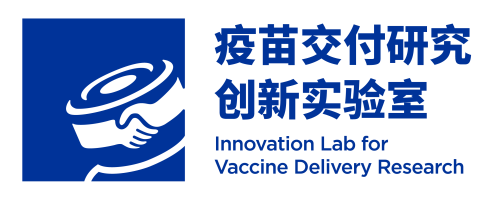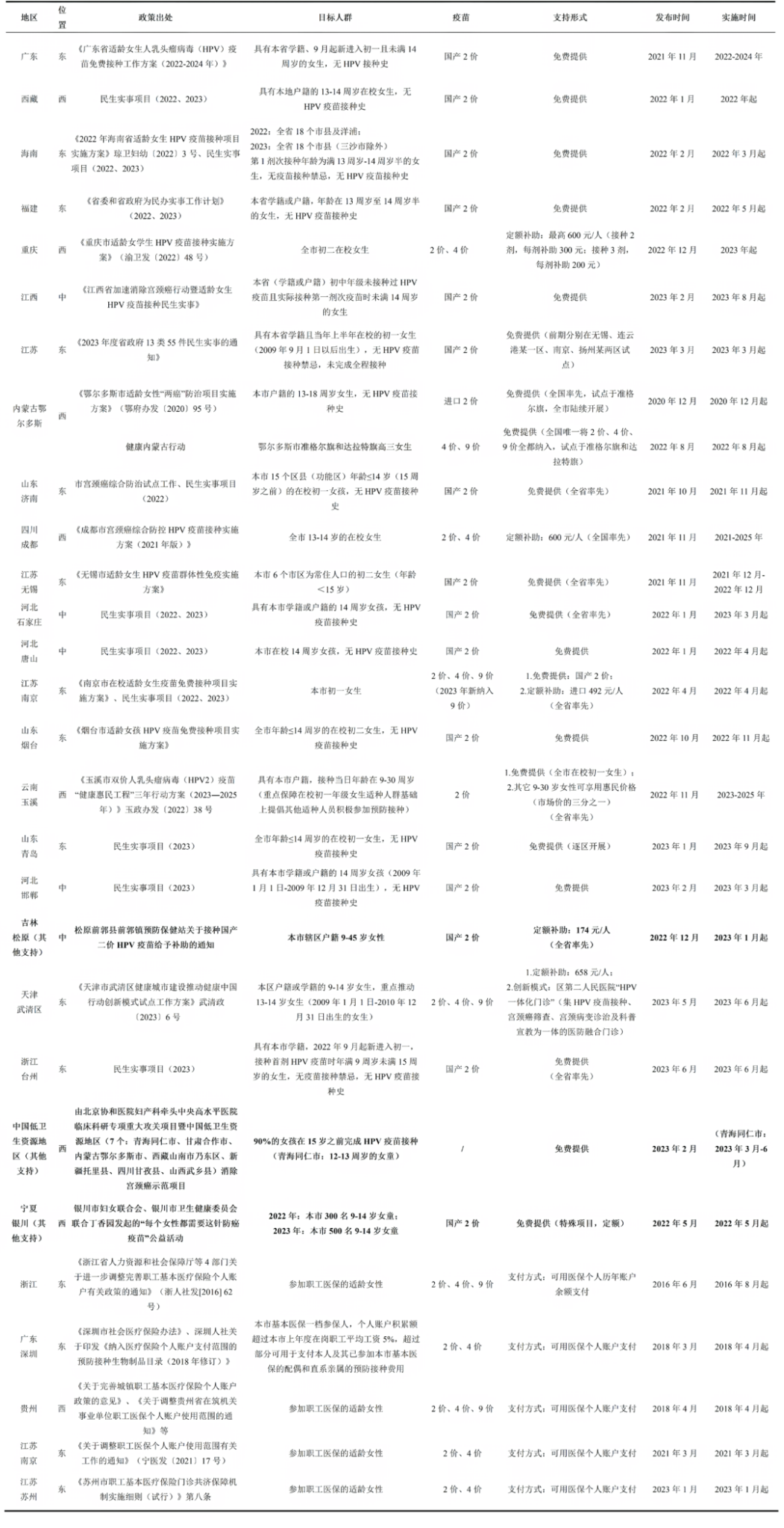Summary
Singapore, a high-income, fully urbanized country, is ineligible for Gavi support or the MICs Approach. It operates a tiered healthcare financing system known as the “S+3Ms”: Government Subsidies, Medisave, MediShield Life, and MediFund, ensuring universal health coverage.
The country’s National Childhood Immunization Programme (NCIP) began in 1862 with smallpox vaccination and currently includes 11 vaccines protecting against 13 diseases. Although vaccine coverage has remained high in recent years, challenges related to overall uptake persist. Revisions to the immunization schedule in 2020, such as the introduction of combination vaccines and reduced visit frequency, have improved uptake.
The Expert Committee on Immunization (ECI) serves as Singapore’s NITAG-equivalent body, providing technical and policy advice. The MoH centrally finances the NCIP, with full subsidies offered to eligible citizens and permanent residents. In 2018, approximately $8.9 million was spent on routine immunization vaccines.
Vaccine administration is primarily conducted in private clinics and public polyclinics, supported by a highly regulated cold chain system that ensures safe distribution from Changi Airport to all healthcare facilities. The Healthcare Services Act 2020 mandates cold chain management standards.
Surveillance and data reporting are integrated into the National Immunization Registry (NIR) and the National Electronic Health Record system. Adverse event monitoring is conducted by the Health Sciences Authority (HSA), which implemented the Active Surveillance System (ASAR) during COVID-19 for proactive vaccine safety monitoring.
This comprehensive and digitally integrated framework enables Singapore to maintain high immunization coverage and ensure vaccine safety across the population.
About NIP Country Case
The NIP country case was part of the WHO APO report Comparative analysis of the national immunization programmes in select ASEAN and SAARC countries: progress and challenges. The study was conducted by the VaxLab team in 2023-2024.
More in the report Chapter 2 (PDF Page 67/154):
https://iris.who.int/bitstream/handle/10665/380387/9789290620785-eng.pdf?sequence=1&isAllowed=y
Content Editor: Tianyi Deng
Page Editor: Ruitong Li





